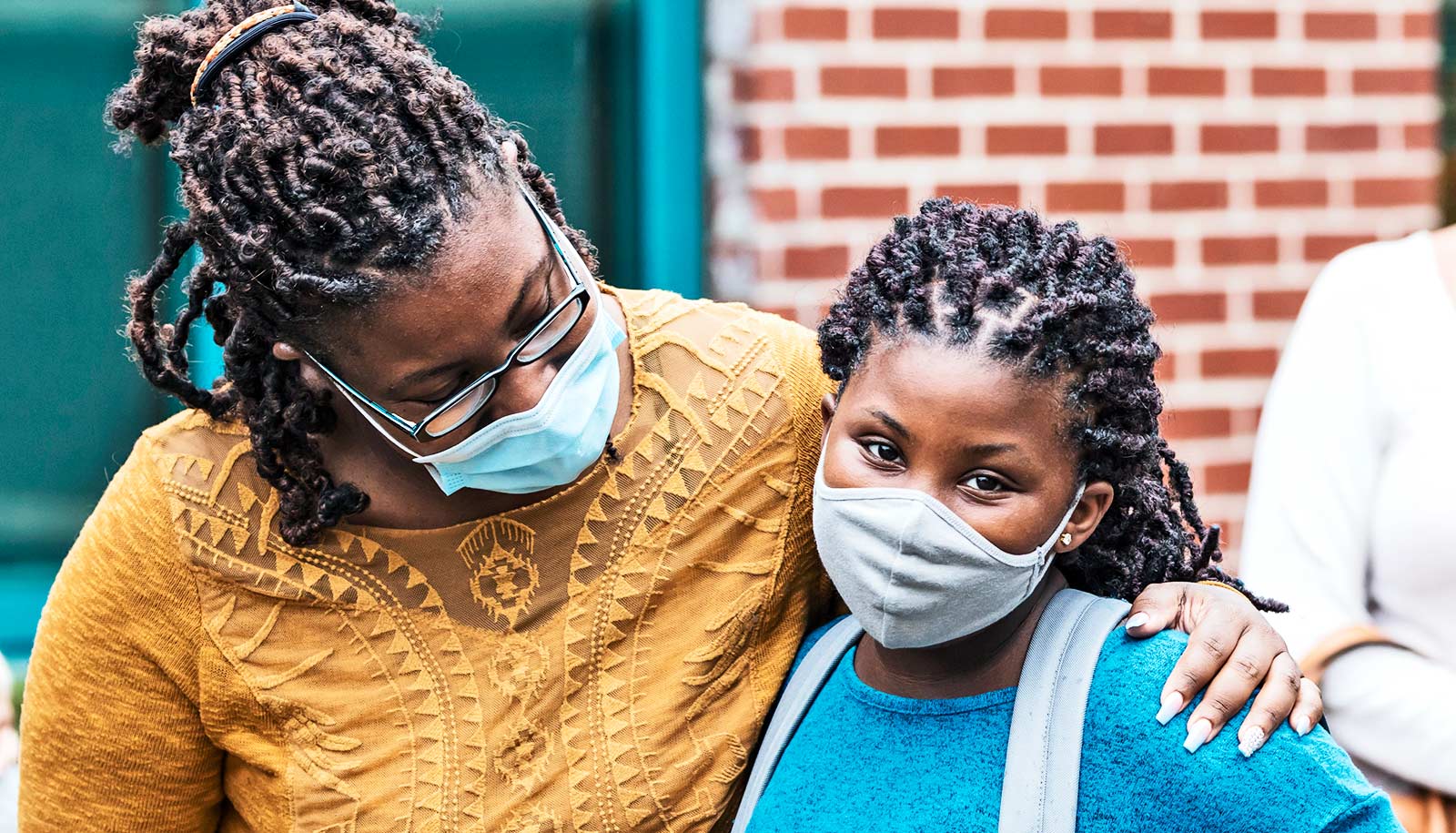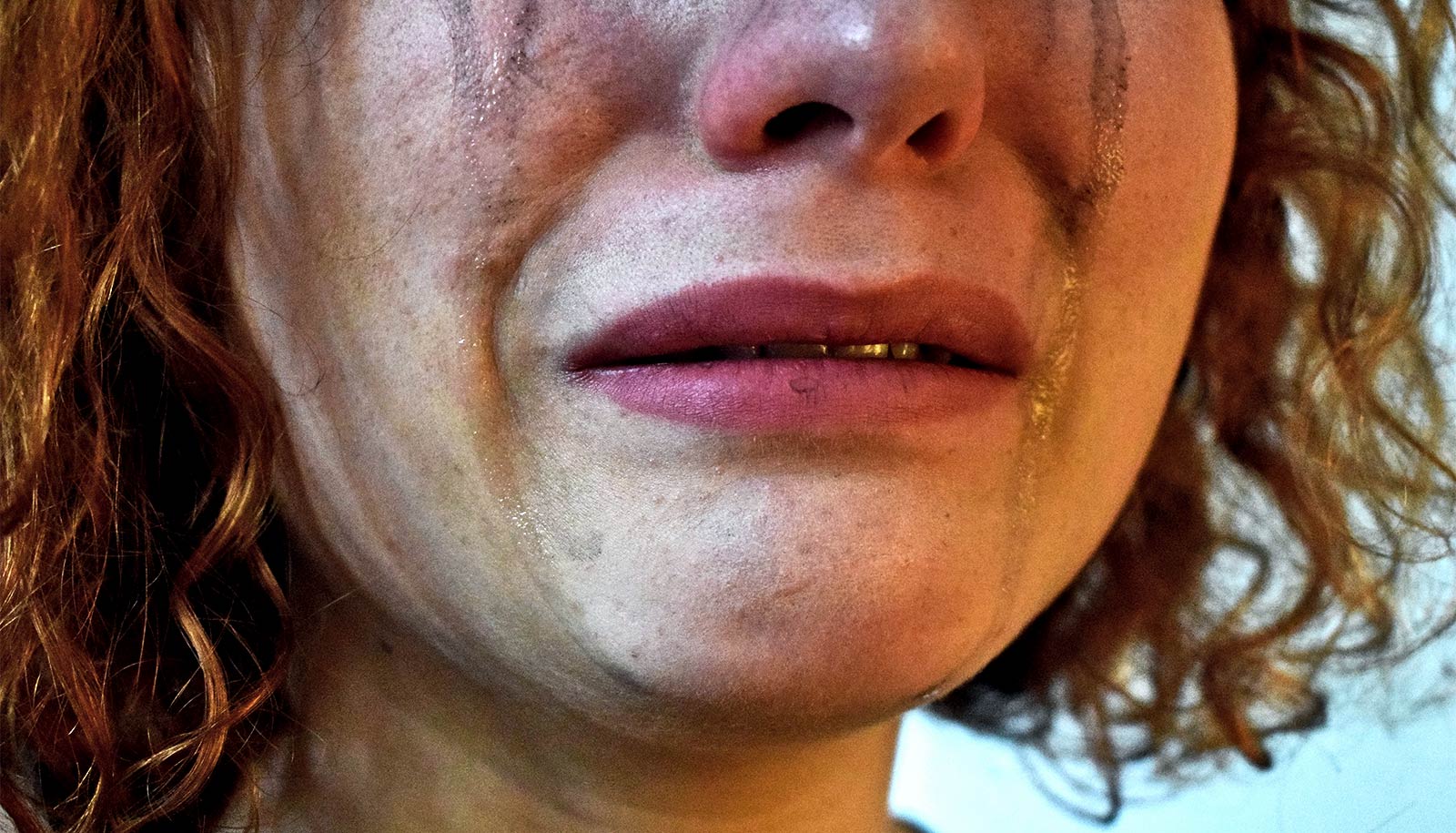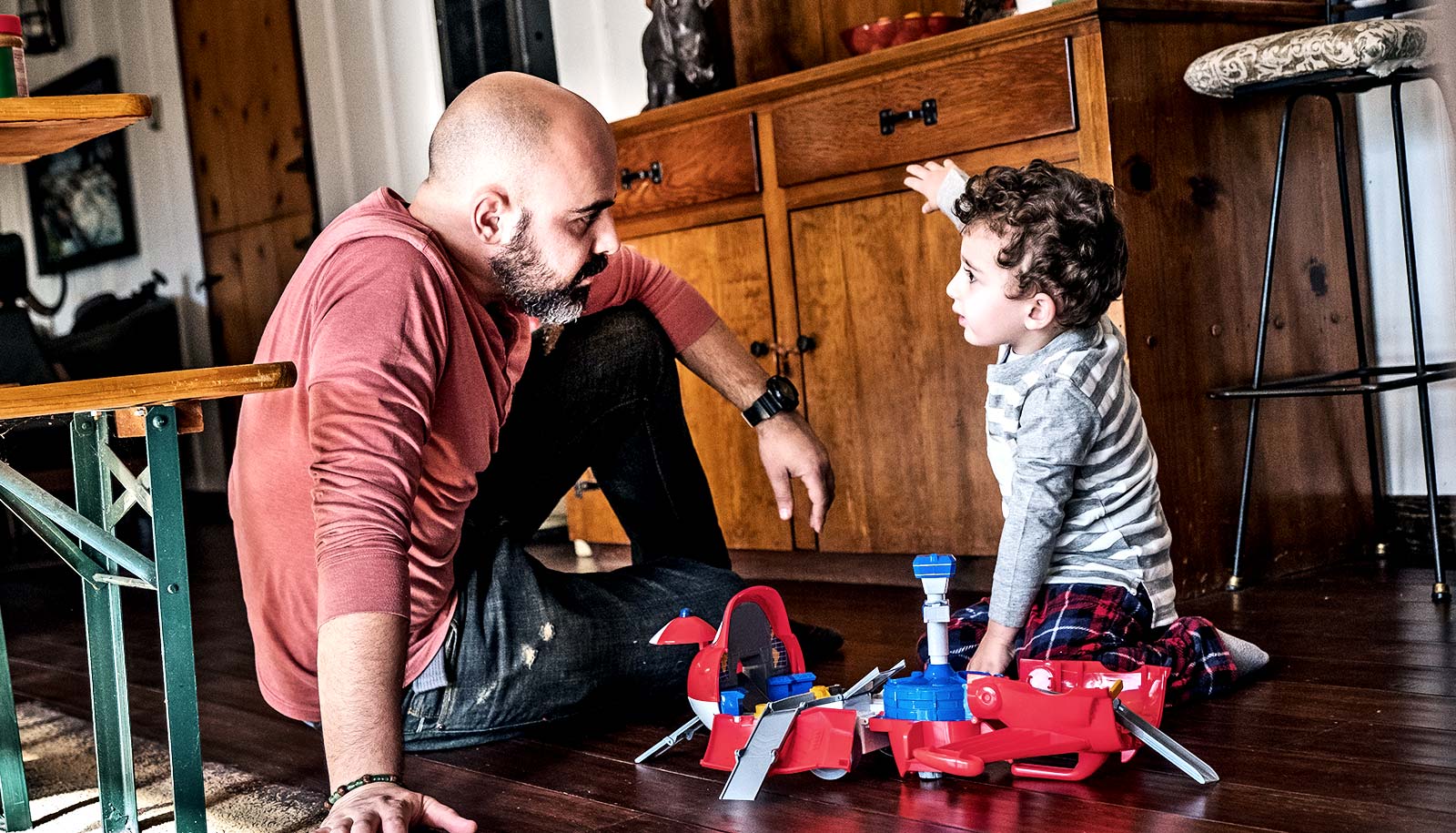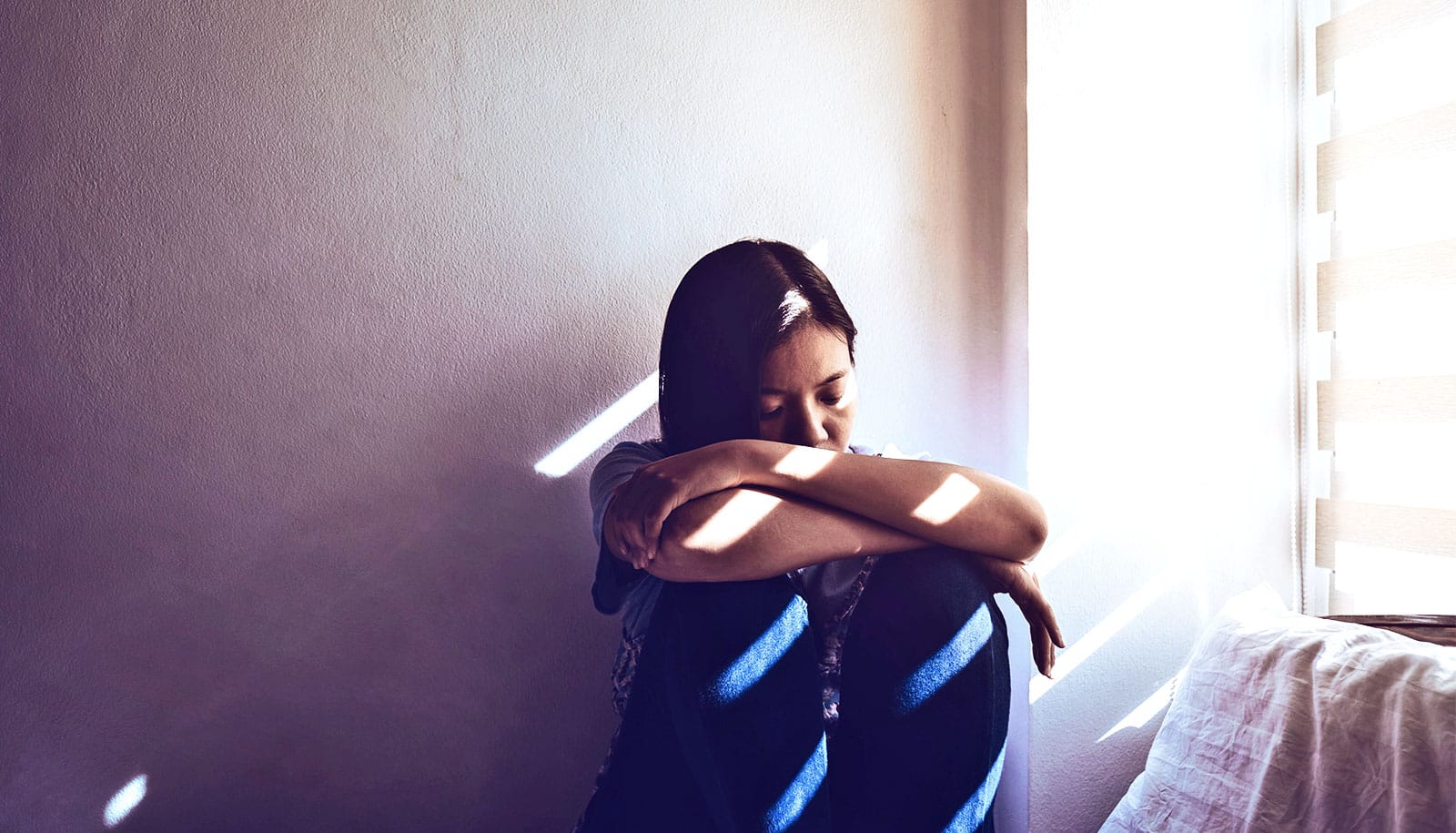Approximately 40,000 children in the United States may have lost a parent to COVID-19 since February 2020, according to a statistical model.
The researchers anticipate that without immediate interventions, the trauma from losing a parent could cast a shadow of mental health and economic problems well into the future for this vulnerable population.
In the researchers’ model, for approximately every 13th COVID-related death, a child loses one parent. Children who lose a parent have a higher risk of a range of problems, including traumatic prolonged grief and depression, lower educational attainment, economic insecurity, and accidental death or suicide, says Ashton Verdery, associate professor of sociology, demography, and social data analytics at Penn State.
The number of children who lost a parent to COVID-19 is about 13 times the approximate 3,000 children who lost a parent in attacks of September 11, 2001.
“When we think of COVID-19 mortality, much of the conversation focuses on the fact that older adults are the populations at greatest risk. About 81% of deaths have been among those ages 65 and older according to the CDC (Centers for Disease Control and Prevention),” says Verdery, who is also an affiliate of the Population Research Institute at Penn State.
“However, that leaves 19% of deaths among those under 65—15% of deaths are among those in their 50s and early 60s and 3% are among those in their 40s. In these younger age groups, substantial numbers of people have children, for whom the loss of a parent is a potentially devastating challenge.”
Three-quarters of the children who lost a parent are adolescents, but one quarter are elementary-aged children, Verdery says.
Unique challenges for bereaved children
As reported in JAMA Pediatrics, the statistics of parental death are grimmer for Black families, whom the pandemic has disproportionately affected, say researchers. They estimate that 20% of the children who lost a parent are Black even though only 14% of children in the US are Black.
The model also suggests that parental deaths due to COVID-19 will increase the country’s total cases of parental bereavement by 18% to 20% over what happens in a typical year, further straining an already stretched system that does not connect all children who are eligible to adequate resources.
As a historical comparison, the number of children who lost a parent to COVID-19 is about 13 times the approximate 3,000 children who lost a parent in attacks of September 11, 2001. After those attacks, the federal government initiated several programs to support the families of the victims.
Parentally bereaved children in the pandemic may face unique challenges. The social isolation, institutional strain, and economic struggles the pandemic has caused may strain access to potential sources of support for children. Further, with many children out of schools and less connected to other family and community supports, adults may be less likely to recognize suffering children.
“Teachers are such a vital resource in terms of identifying and helping at-risk children, and it is harder for them to do that when schools are operating remotely and teachers are so overburdened, making it vital to resume in-person instruction safely and support worn-out educators,” Verdery says.
“Right now, these children need schools to be open so they can socialize with friend and access support,” says coauthor Rachel Kidman, associate professor of family, population, and preventive medicine in the Renaissance School of Medicine and in the Program of Public Health at Stony Brook University. “They need interventions that can help them deal with their grief and can prevent more severe mental health consequences down the road.
“Their families need economic relief. There may also be unique challenges that emerge in the future—we don’t know the impact of experiencing loss and grief during such an acute national crisis—and we have to be prepared to respond with flexibility and compassionate programming,” Kidman says.
Unknown future for kids who have lost a parent
As pandemic deaths increase, that shadow of mental health and economic ills may only grow longer for children, the researchers say. They suggest that equal—or greater—national efforts are needed to help children who have lost parents in the pandemic.
“I think the first thing we need to do is to proactively connect all children to the available supports they are entitled to, like Social Security child survivor benefits—research shows only about half of eligible children are connected to these programs in normal circumstances, but that those who do fare much better,” says Verdery.
“We should also consider expanding eligibility to these resources. Second, a national effort to identify and provide counseling and related resources to all children who lose a parent is vital.”
Research suggests that brief, evidence-based interventions delivered widely could help prevent severe psychological problems, although some children may need longer-term support.
Using kinship networks of white and Black individuals, drawn from demographic simulations, the researchers estimate the expected number of children ages 0 to 17 who would lose a parent to COVID-19, called the parental bereavement multiplier. The model suggested that .078 children aged 0 to 17 years old would be parentally bereaved for each COVID-19 related death, or about one for each 13 deaths. The team then used the multiplier to estimate the scope of parental bereavement based on various scenarios of COVID-19 casualty figures.
Additional coauthors are from the University of Western Ontario in Canada and the University of Southern California. The National Institute on Aging, the Penn State Population Research Institute, and the Institute for Computational and Data Sciences funded the work.
Source: Penn State, Stony Brook University



